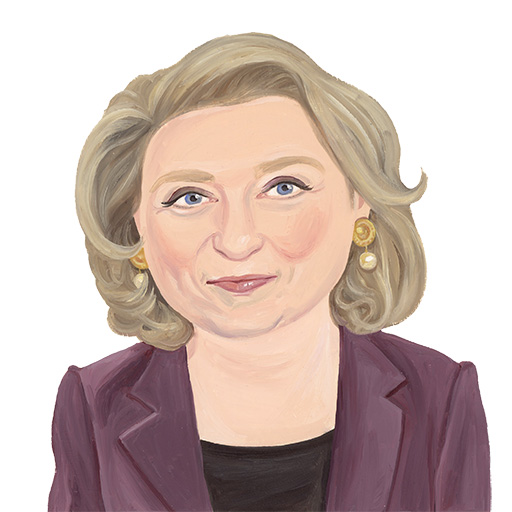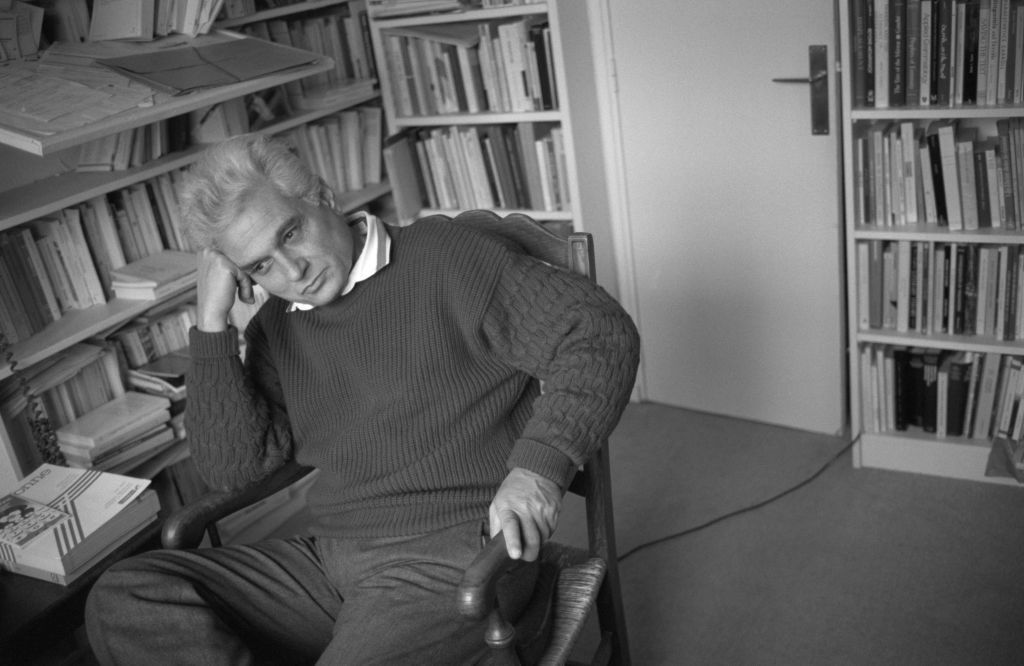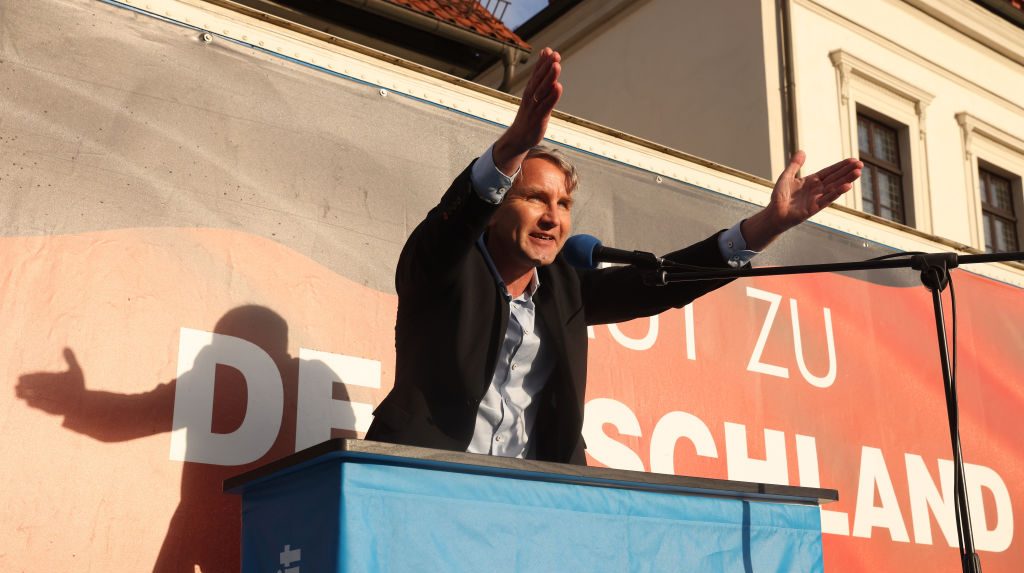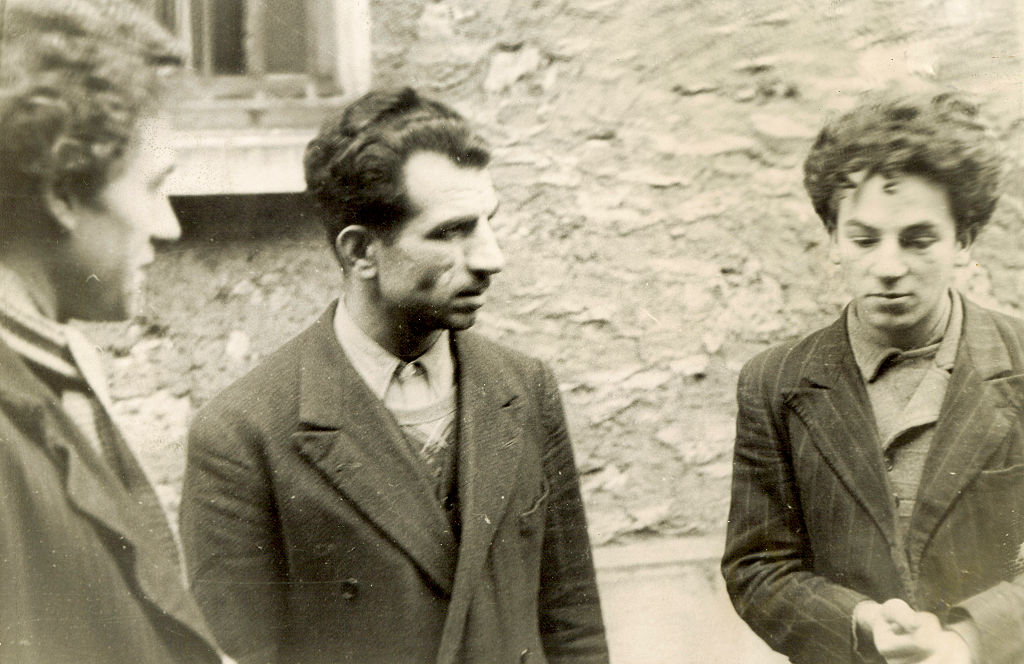Mohammed*, my 40-year-old Moroccan greengrocer, whose small busy shop in a quiet street in central Paris serves as an informal club for the entire neighbourhood, tells me he and his accountant wife Samiha* first had The Talk with their three teenaged children a few years ago. “We sat them down and told them: ‘If the police stop you, get off your bike or out of your car, be polite, do what they say, show your papers, don’t tell them they are wrong’.”
Mohammed, a devout Muslim who fasts during Ramadan, lives in Mantes-la-Jolie, an ethnically mixed industrial suburb about 30 miles west of Paris which has known fierce riots both in 2005 and last week.
But before you peg him as the symbol of an underclass on whose behalf rioters caused €1Bn damage in a week in France, consider this: he sent his children to a fee-paying Catholic Collège, “because we wanted them to do well at school”. As a result, they all speak the same well-accented French as the Septième Arrondissement children of énarques. When they seek job experience placements their letters are impeccably spelt and expressed. But, originating from southern Morocco, at the edge of the Sahara desert, the entire family are dark-skinned. Septième Arrondissement adolescents do not get The Talk.
Mohammed’s shop window, fortunately made of reinforced glass, was damaged by rioters in the middle of the night. Other shops nearby were broken into, a couple looted. All the cars parked in the street got damaged: two were torched. Not much compared to the riots’ epicentre, where schools, kindergartens, supermarkets, bus depots, community centres, and sports clubs were systematically pillaged and burnt down; city halls and police stations were besieged by hundreds of very young attackers — some aged 12 or 13 — yelling for blood. But enough to give the street a durable feeling of insecurity.
“Friends and family called me from Morocco on WhatsApp, asking if I was all right,” Mohammed told me yesterday night. “The old men in our village, the ones who worked in France for decades then retired at home, are asking ‘What are they doing to the France we left them? All this violence and destruction, it’s not right’.”
Far from feeling “segregated”, Mohammed shares France’s outrage after last week’s riots. An Odoxa-Backbone Consulting survey published by Le Figaro on Friday reveals that over four fifths of the French feel “worried” (89 per cent), “angry” (84 per cent) and “uncomprehending” (77 per cent). Two thirds salute the work of the police and gendarmerie (64 per cent) and 72 per cent berate the government, which includes Emmanuel Macron.
The main factors are “the rise of lawlessness, drug dealing and criminality” (62 per cent) and to a lesser extent the lack of respect for social structures (42 per cent). Only 21 per cent say they “understand” the rioters. A mere 14 per cent “support” them. 25 per cent cite poverty as a root cause in the areas most hit, only 17 per cent mention “police attitudes”.
We were having a coffee in the shop while tourists and locals came in for a carton of milk, tomatoes, a can of Coca Cola, beers (“You’re not allowed to drink these in the street!”, Mohammed warned), a bag of cat litter, uninspiring cellophane-wrapped sandwiches, and many, many chocolate bars. One Amazon package was collected by a neighbour, whose building has no concierge. A local estate agent walked in for a pack of ground coffee: a Ralph-Lauren-clad Black Frenchman from Guadeloupe in his mid-thirties, who sells luxury flats from a nearby agency. “Shooting a 17-year-old point blank, it means the police don’t know what they’re doing,” he said in an educated voice.
As it happens, he was accurately echoing what I’ve long been told by a Préfet friend: the French police — not to be confused with the Gendarmerie, a competent force which as part of the military handles all policing tasks in the countryside and in small towns — are overworked, understaffed, underpaid and simmering with resentment and surly angst.
As a profession, the police have the highest suicide rate in the country. Many, exhausted by constant tensions, regular attacks in difficult areas where they are routinely greeted with shotgun and mortar fire, pelted from social housing high-rises with anything from stones to washing machines, say they are scared almost every day. Resignations are high and job applications are low. Police training has been reduced in recent years from a year to 8 months: the force needs bodies on the ground. This doesn’t excuse any wrongs they commit, but it certainly helps explain them.
“The police have become rude,” Mohammed said. “They used to touch their hand to their hats, to call you Monsieur when they spoke to you. No longer.”
“Unlike the gendarmes,” said the estate agent. He, like Mohammed, had one clear culprit in his sights. “All of this is Macron’s fault. He talks at you, he doesn’t listen, he doesn’t understand anything but is arrogant to everyone. Chirac, even Sarkozy and Hollande were different. They really looked at people, they wouldn’t have dared tell a man on the dole he only needed to cross the street to find a job — and Macron did this twice.”
He picked up a pack of sliced bread and came up to the cash register so that Mohammed could ring up his purchases. “We should give Marine Le Pen a chance,” he said. “Her only problem is her name; if she weren’t called le Pen she’d already be president.”
“We should,” Mohammed said. “We must try, because the situation right now is disastrous. I don’t think she’s racist, really. She can’t do worse, and she might do better. She’s said nothing but reasonable things.”
Both of them vocalised what many other think but wouldn’t dare say, Le Pen is the only option left. Most Parisians I know would have lowered their voices before suggesting a Le Pen vote. I suspect many, too, will pick the ballot with her name next time.
Emmanuel Macron may find that his favoured opponent, the one he thought was unelectable, will trounce his successor in 2027, and his Euro-parliamentary coalition, such as it is, by 2024.
* their names have been changed






Why is France so bad at assimilating migrants?